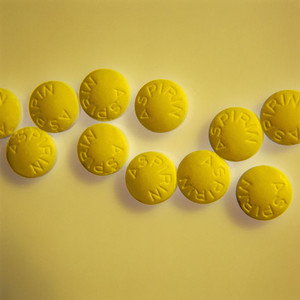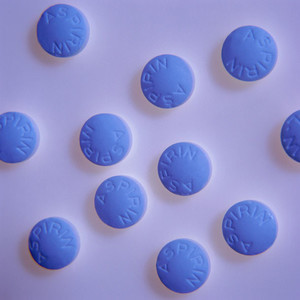Teva Pharmaceutical Industries announced on 12 December 2010 that the company had filed another Citizen’s Petition (CP) with the FDA requesting that the agency refuse to approve any abbreviated new drug application (ANDA) for generic versions of Copaxone (glatiramer acetate injection).
Teva again files citizen petition against generic Copaxone
Generics/News
|
Posted 18/03/2011
 0
Post your comment
0
Post your comment

Teva’s glatiramer acetate injection is indicated for reduction of the frequency of relapses in patients with relapsing-remitting multiple sclerosis.
Momenta Pharmaceuticals, Mylan and Sandoz have all filed ANDAs for generic versions of Copaxone.
Teva’s first CP was refused by the FDA in November 2009, and its second one was refused in May 2010.
Teva’s requests in this latest CP are based on the inability to establish acceptable ‘sameness’ of the active ingredients in glatiramer acetate, the complexity of the mechanism of action of a glatiramoid and the inapplicability of leveraging conventional pharmacokinetic and pharmacodynamic testing methods to demonstrate bioequivalence.
Teva urges that any follow-on version of Copaxone undergo preclinical testing as well as full-scale clinical trials with measured clinical endpoints in multiple sclerosis patients to prove safety and efficacy.
Teva also requests that the FDA convene a multidisciplinary Advisory Committee to consider the approval of follow-on glatiramer acetate products in the interest of public health.
The US patents on Copaxone are valid until 2014 and the drug is a major earner for the Israeli-based firm. Third-quarter sales in 2010 were US$808 million, up 4% on the same period last year.
This is an interesting twist in Teva’s story, since the company, now the world’s largest generics company, built its business based on challenging patents for proprietory drugs, but now finds itself at the other end of the business.
Related article
FDA rejects second citizen petition for Teva’s glatiramer acetate drug
Source: Teva
Research
Japan’s drug shortage crisis: challenges and policy solutions
Saudi FDA drug approvals and GMP inspections: trend analysis
The best selling biotechnology drugs of 2008: the next biosimilars targets










Post your comment